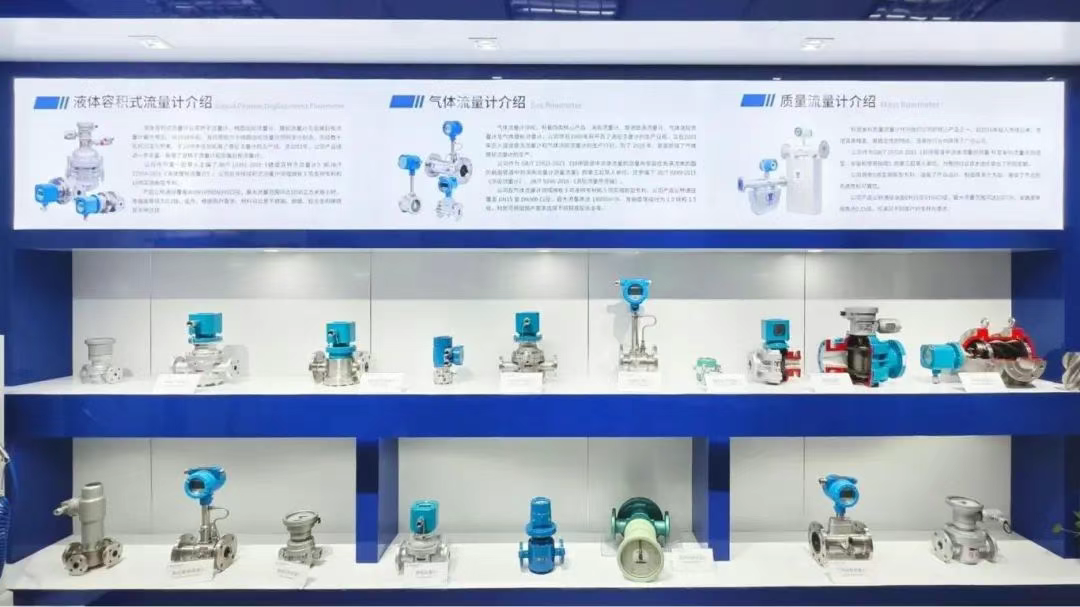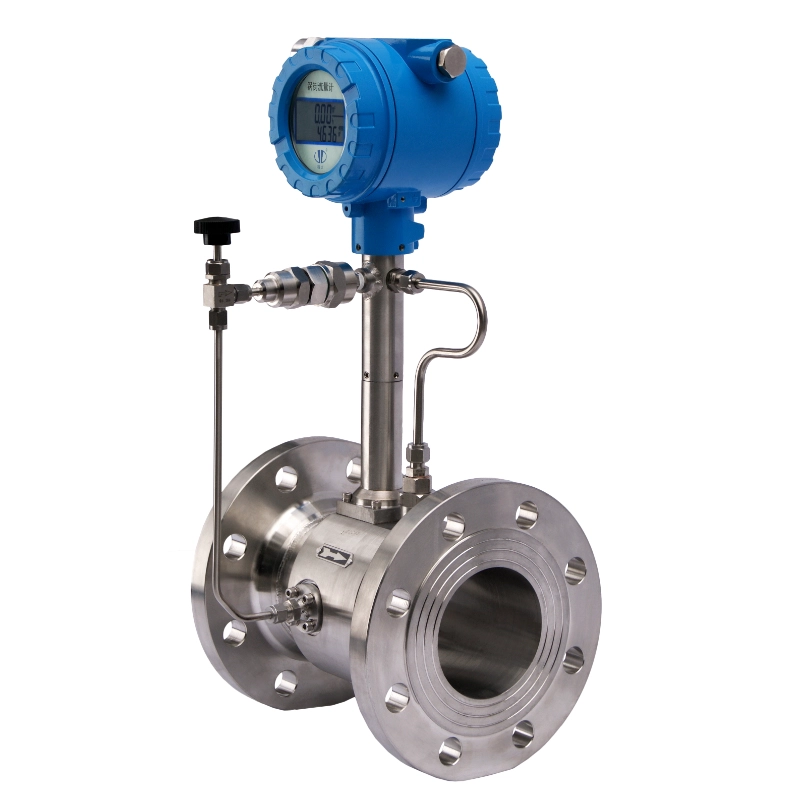How Accurate Are Mass Flowmeters Compared to Other Flow Meters?
Release time: 2025-10-29
Table of Contents
When it comes to measuring the flow of liquids or gases in industrial processes, accuracy is everything. Whether you’re managing a chemical plant, a food production line, or a fuel distribution system, knowing exactly how much material is moving through your pipes can make a huge difference in cost control and efficiency. This is where mass flowmeters really stand out from other flow measuring devices.
1. What Makes Mass Flowmeters Different
Unlike traditional volumetric flow meters such as turbine, magnetic, or vortex meters, mass flowmeters measure the actual mass of the fluid passing through the sensor — not just the volume. This is a big advantage because the mass of a substance doesn’t change with temperature or pressure, while volume can.
That means even if your process involves fluctuating conditions, mass flowmeters can still give stable and accurate readings.
2. Coriolis and Thermal Mass Flowmeters
There are two main types of mass flowmeters:
- Coriolis mass flowmeters, which measure mass flow by detecting tiny vibrations in the flow tubes caused by fluid movement.
- Thermal mass flowmeters, which use heat transfer principles to measure gas flow rates.
Both types are highly precise, but Coriolis mass flowmeters are considered the most accurate, often achieving an accuracy level of ±0.1% to ±0.2%, depending on the model and fluid type. Thermal mass flowmeters are slightly less precise but still very reliable for gas applications.
3. Comparison with Other Flow Meters
If we compare mass flowmeters to other common flow meters:
- Turbine flowmeters offer good accuracy but are affected by viscosity changes and require moving parts that wear out over time.
- Magnetic flowmeters work well with conductive liquids but can’t measure gases or non-conductive fluids.
- Vortex flowmeters perform decently in stable conditions but can lose accuracy when flow fluctuates or bubbles form.
In contrast, mass flowmeters maintain accuracy across a wider range of fluids and conditions, with no need for compensation due to temperature or pressure changes.
4. Why Accuracy Matters
In industries like pharmaceuticals, food and beverage, or oil and gas, even a 1% measurement error can lead to major product loss or quality issues. That’s why more and more companies are turning to mass flowmeters — they provide consistent, traceable, and precise data that supports process optimization and cost savings.
5. Final Thoughts
Overall, mass flowmeters are among the most accurate flow measurement tools available today. While they can be more expensive upfront, the benefits of high precision, minimal maintenance, and long-term reliability often outweigh the cost.
If accuracy, consistency, and process efficiency are priorities in your operation, investing in a mass flowmeter is definitely a smart move.


